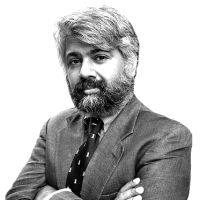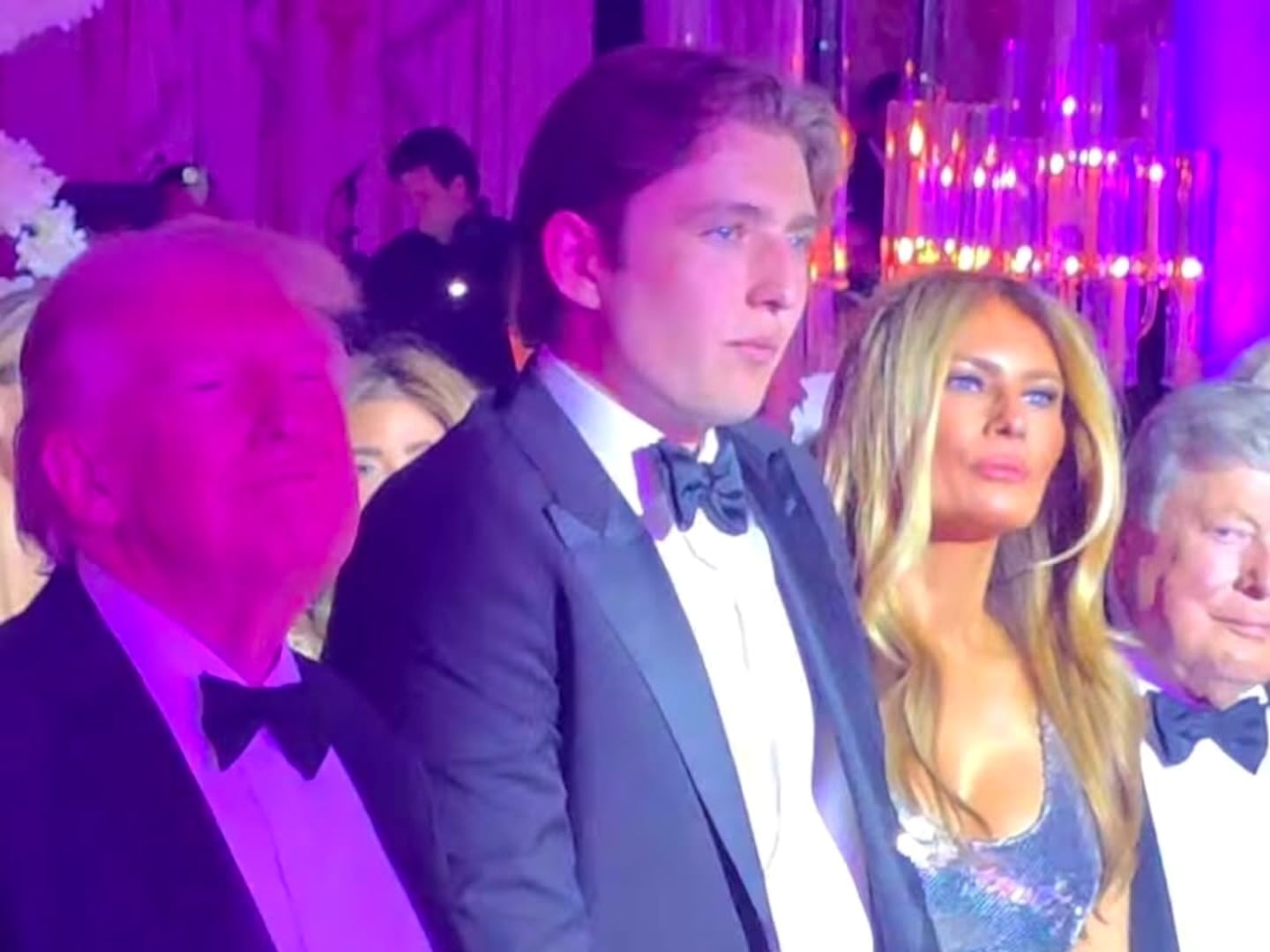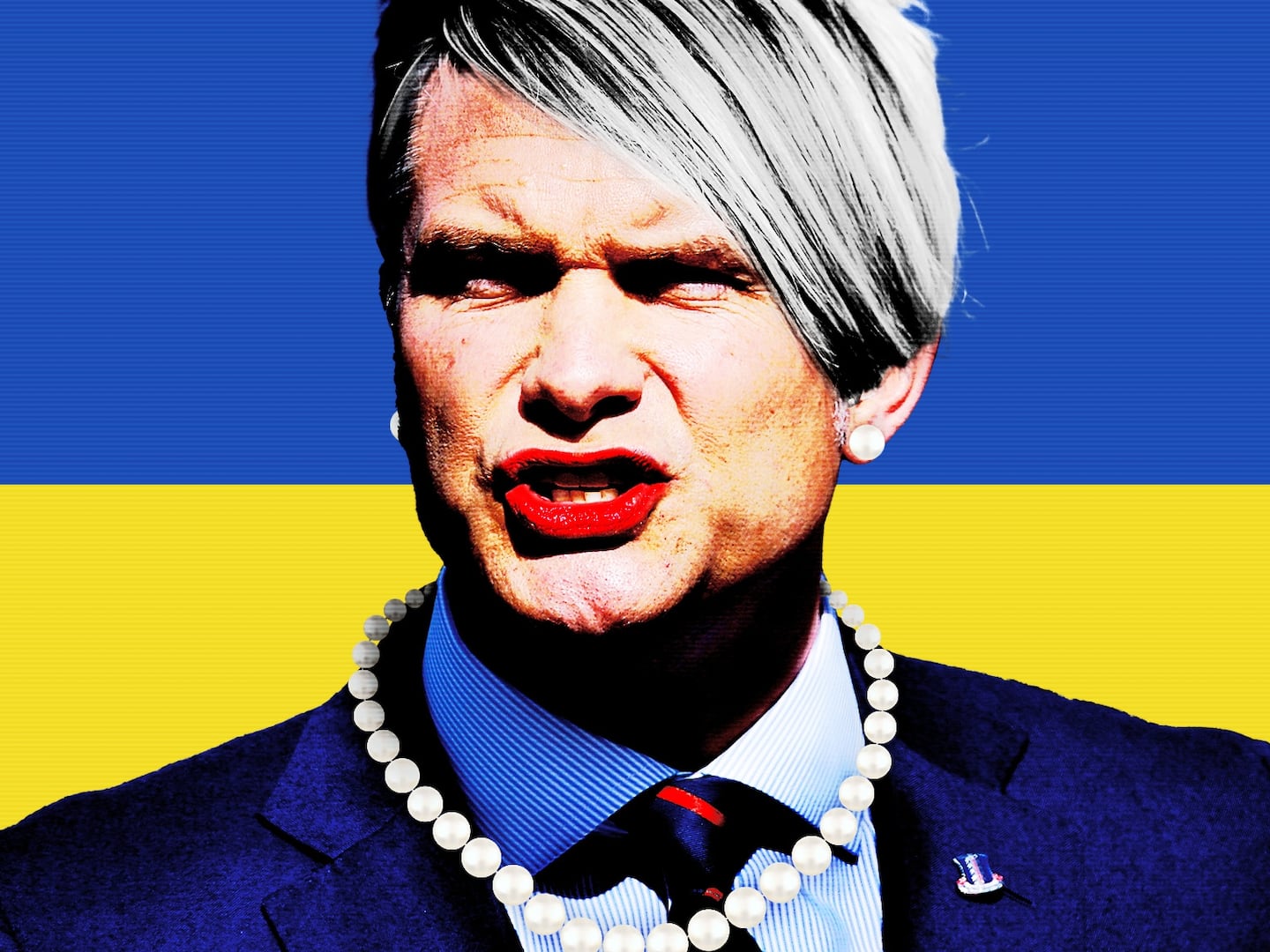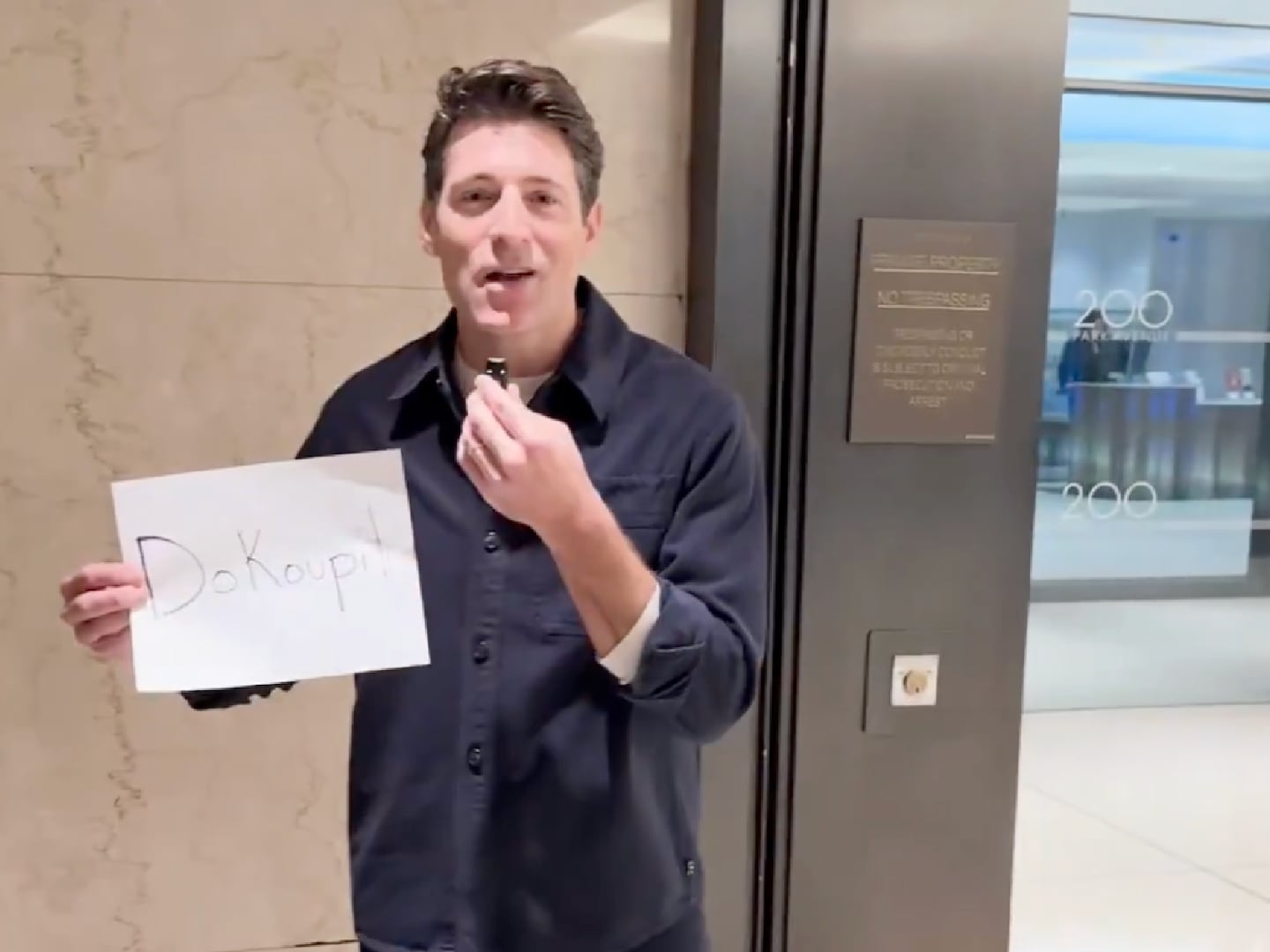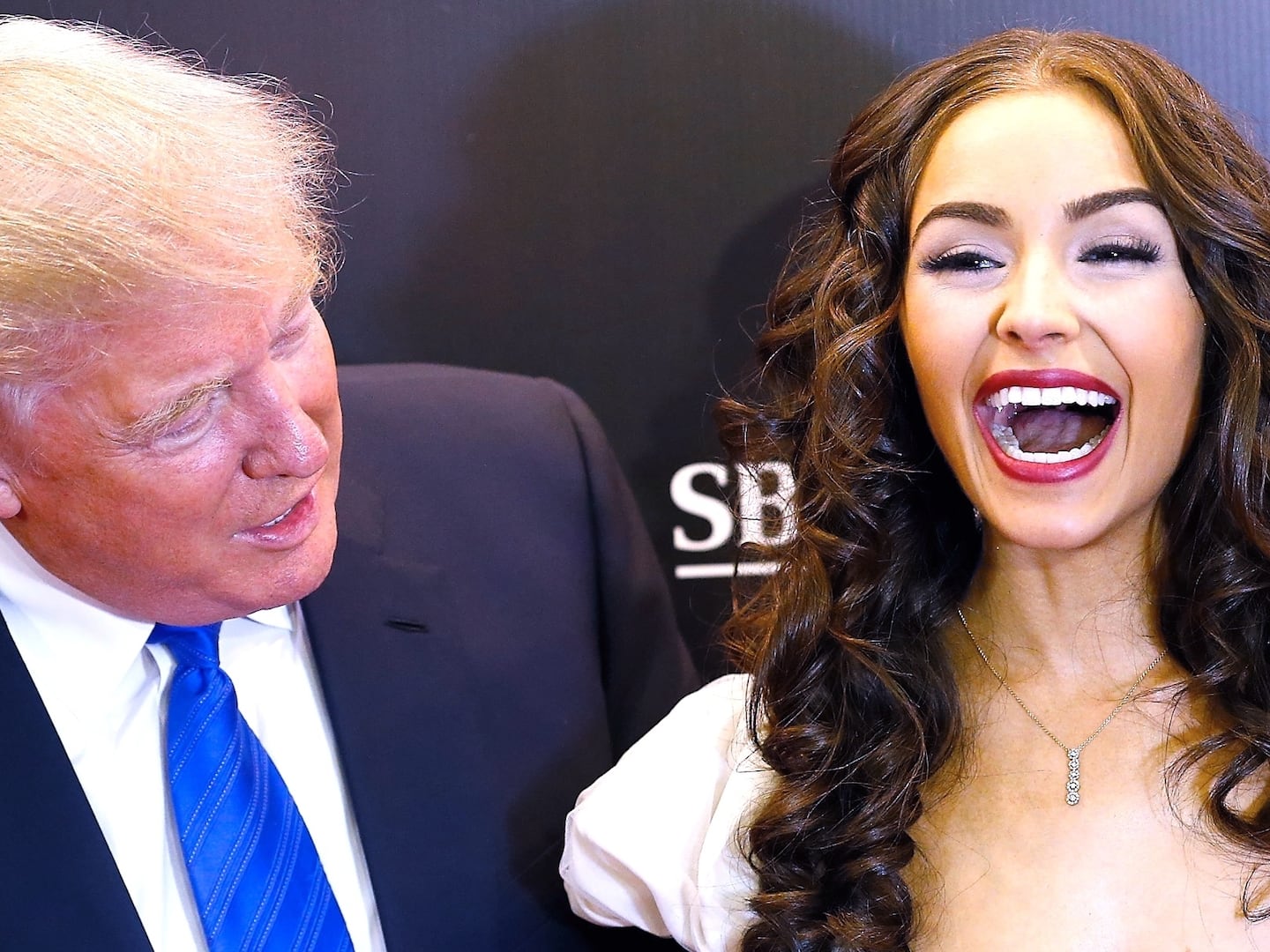
Lloyd Blankfein was on Charlie Rose Friday night, his second lengthy spell of television for the week. How starkly different this appearance was from his last, at Tuesday’s Senate subcommittee hearing on Goldman Sachs, in which he’d looked awkwardly supercilious and defensively pedantic. But Charlie Rose is not Carl Levin, and he allowed Blankfein to be more expansive—and more human—in a comradely conversation that gave every indication (to this writer at least) that Goldman has made up its mind to settle with the SEC.
Goldman is on trial in two courts—that of the law, and that of public opinion. What damaged the firm so much at the Senate hearings was that its managers deployed only the language of technical process—more appropriate for a legal forum—in what was effectively an appearance before the American public.
Click Below to Watch Blankfein with Charlie Rose
If only Blankfein had given the senators some of the language he used on Charlie Rose. The derivatives markets, he insisted, “serve a social purpose,” and market-making is “crucial to the American capital system.” But, he conceded, “we have to do a better job of being transparent and examining our processes to make sure that the society is in tune to the way in which we’re making our decisions…” This wasn’t humility, it was honesty—the sort of introspective honesty that comes when someone feels the game is up.
It was clear, from his conversation with Charlie Rose, that Blankfein has done the reputational math: Goldman didn’t look good on Tuesday, and it looks even worse now, with the news that the Justice Department has trained its eye on the firm. There is no longer any profit, as it were, in quoting the rule book, or in explaining wearily, to amateurs who don’t “get” Wall Street, why market-makers don’t have a fiduciary duty (in the strictly legal sense) to their clients. It’s time to talk in plain English to an American public that has already concluded that Goldman is insufferable, and in doing so, to mitigate some of the political damage that has been inflicted by the ongoing public castigation.
Blankfein will have risen in the esteem of many when he said this to Charlie Rose. I quote him at length, for these are the words that reveal an inclination to settle with the SEC: “I think we have to engage more. We might have to—well, we’ll look at all of our business practices. But we have to do more about examining the cross-currents and we have to look at the conflicts inherent, inherent in the business where you’re a go-between, between buyers and sellers, people who need to invest money and people who need those investments. We’re always intermediating in our business between interests that are in conflict and we help to resolve those conflicts. But in some ways, we’ve taken those conflicts on ourselves…
“We’re going to have to go through our processes with a view to making people appreciate in a more positive way what we’re doing. We can’t, we can’t exist in the current state that we’re in and we understand that. So we have a lot of work to do.”
This is the sort of attitude that the American public will applaud, because it shows, at last, an appreciation of how the firm fell short of the moral—the aesthetic—standards that the public was so shocked to find missing in Goldman’s practices.
“Why do you think the public is so outraged?" Charlie Rose asked Blankfein, to which this vaguely abashed (and syntactically tortured) reply came tumbling forth: “I think the financial system failed the American people. I think people on Wall Street did well, carried themselves in a, you know, in a very proud way, some might say haughty way, when things were going well, talked about the contributions they were making to the wider society and to the economy and to the country and to the world, and guess what? When it didn't work well, how could you not blame the people that were getting—that had awfully nice lives when things were going well, how could you not blame them when things turned badly?”
This is the sort of attitude that the American public will applaud, because it shows, at last, an appreciation of how the firm fell short of the moral—the aesthetic—standards that the public was so shocked to find missing in Goldman’s practices.
There is more Blankfein TV to come. On Sunday, CNN is airing an interview on Fareed Zakaria’s slot, in which Blankfein says the following: “I, I have to regain, help the firm regain, and this is something that’s shared by all our partners and employees, we have to regain the trust of the public. We have no choice. We can’t survive without people thinking well of us because at the end…our, our business is a confidence business.”
Bravo, Blankfein. At this rate, we’ll soon all start to like you again. And even to trust you.
Tunku Varadarajan is a national affairs correspondent and writer at large for The Daily Beast. He is also a research fellow at Stanford’s Hoover Institution and a professor at NYU’s Stern Business School. He is a former assistant managing editor at The Wall Street Journal. (Follow him on Twitter here.)
